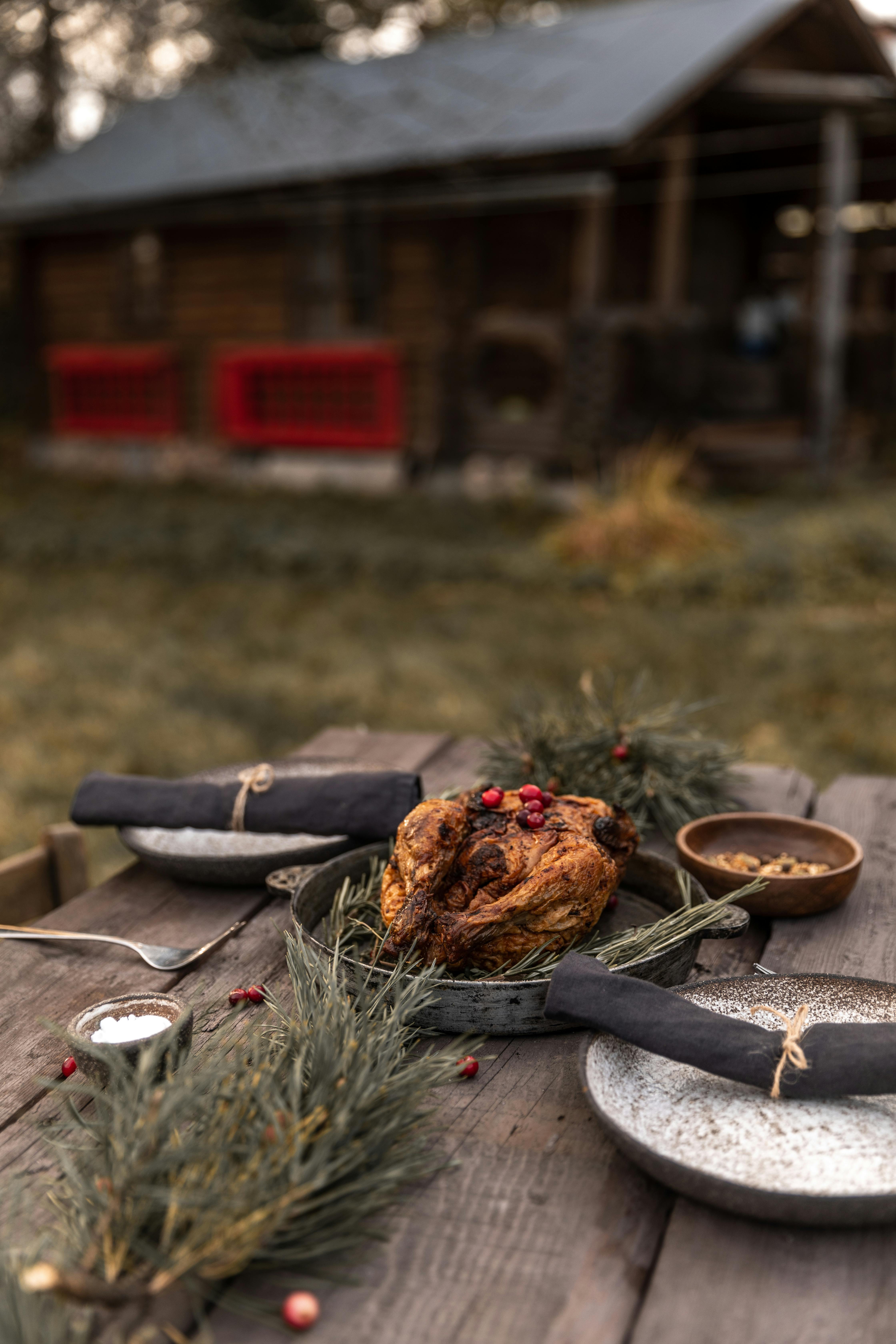Apply Now
Smart Ways to Optimize Your Post Colonoscopy Diet in 2025
The post-colonoscopy period is crucial for recovery, and choosing the right foods significantly impacts your healing journey. It’s vital to provide your body with nutrient-rich foods that are easy to digest while ensuring you maintain your digestive health. This article will explore the best foods to consume after a colonoscopy, hydration strategies, and dietary guidelines to enhance your colonoscopy recovery diet. With the right approach, you can enjoy light meals that not only soothe your digestive system but also nourish your body.
Many people experience anxiety surrounding dietary choices following a colonoscopy. Understanding what to eat and what to avoid plays a fundamental role in a successful recovery. From incorporating soft foods to maintaining proper hydration levels, it's essential to have a well-structured meal plan in place. This article will serve as your guide to optimizing your post-colonoscopy diet, offering practical tips and meal ideas to support your gut health and overall well-being.
Understanding Dietary Guidelines Post Colonoscopy
Building on the importance of diet in recovery, it's critical to familiarize yourself with specific dietary guidelines during the post-colonoscopy phase. Initially, you may be advised to follow a low-residue diet to ease the digestive process. This approach minimizes fiber intake and focuses on low-fiber, easily digestible foods.
One of the most effective ways to ensure a smooth recovery is to prioritize foods like mashed potatoes, plain rice, and cooked vegetables. These options help in maintaining comfort during digestion. Moreover, it's essential to monitor your body’s response to various foods; some individuals may experience discomfort with specific items.
Incorporating probiotic foods such as yogurt or kefir can also significantly enhance gut flora. These foods aid in digestion and help restore balance in the gut following the procedure. Staying hydrated is equally important; consider drinking clear broths and hydration drinks that replenish your electrolyte levels.
Essential Nutrients and Hydration Strategies
Optimal hydration is one of the cornerstones of recovery. Dehydration can lead to discomfort and prolonged recovery times. Aim to drink plenty of fluids, including water, herbal teas like ginger tea, and electrolyte-rich beverages. Herbal teas not only help with hydration but can also support digestive comfort.
Additionally, focus on incorporating nutrient-rich foods that provide essential vitamins and minerals. Foods rich in potassium, like bananas and cooked carrots, can be particularly beneficial. They help electrolyte balance and may assist in alleviating some of the side effects of the colonoscopy.
As mentioned previously, consider supplementing your meals with soft foods, which are easier on the digestive tract. Keep in mind that portion control can significantly affect how your body processes these foods. Starting with smaller portions will allow you to gauge your body's tolerance levels before progressing to normal serving sizes, ensuring that you avoid overwhelming your digestive system.
Photos of light meal ideas can be beneficial at this point in your recovery.
Foods to Avoid During Recovery
While understanding what to eat is crucial, knowing what to avoid is equally important for your post-colonoscopy diet plan. Steer clear of high-fiber and irritating foods immediately following your procedure. These include whole grains, raw fruits, and raw vegetables, which can be challenging for your digestive system to handle.
Additionally, avoid high-sugar and processed foods that may contribute to bloating or discomfort. Instead, opt for comforting options such as oatmeal or soft-cooked grains that can offer gentle nutrition while being easy to digest.
Lastly, it's advisable to refrain from caffeine and alcohol as these can irritate your digestive system. Focusing on light and bland meals during the initial recovery period helps in reducing the risk of post-operative complications and enhances comfort.
Meal Timing and Preparation Post Colonoscopy
With these dietary guidelines established, timing and preparation of your meals become central to your recovery process. Understanding how often you eat and what you eat during each meal can significantly influence your digestive wellness.
After your colonoscopy, it is wise to start with gradual meal reintroduction; small, frequent meals spread throughout the day help in managing digestion effectively. Light snacks, such as applesauce or yogurt, are ideal for small, nutritious boosts between meals.
When preparing meals, simplicity is key. Utilize cooking methods like steaming or boiling, which help in softening foods, making them easier to chew and digest. Cooking methods should emphasize gentleness, allowing flavors to be maintained without adding harsh spices or excessive fat content.
Focusing on easy recipes that emphasize soft foods aids in minimizing gastrointestinal stress. As you progress in your recovery, begin to reintroduce gentle grains and explore light protein sources like chicken or fish, which can further enhance your nutrition while still being digestible.
For additional meal ideas and inspiration on the types of foods you can incorporate, consider checking out specialized recipes for colonoscopy recovery. 
Incorporating Calming Foods and Seafood
Incorporating calming foods into your post-colonoscopy diet can effectively mitigate discomfort and promote healing. Consider introducing anti-inflammatory foods known for their gentle effects on the gut. Ginger, for instance, can provide relief from nausea, while calming teas can soothe the digestive tract.
Moreover, seafood such as salmon or cod provides lean protein essential for recovery and can add more variety to your bland diet. These options are not only nutritious but can also help maintain energy levels during the recovery process.
It's important to highlight the significance of stress management during this time. The connection between emotional well-being and digestion is profound. Meals prepared mindfully and eaten slowly can nurture both your body and your mind, leading to a more satisfying eating experience.
Additionally, recipe ideas focusing on anti-inflammatory ingredients can enhance your meals while supporting your gut health. 
Q&A: Common Questions About Post-Colonoscopy Diet
What should I eat immediately after my colonoscopy?
Immediately following your colonoscopy, it's advisable to start with clear fluids. Once you’re ready, soft, bland foods like toast, crackers, or applesauce are great options.
Can I consume fruits after my colonoscopy?
Yes, you can consume fruits, but it's best to stick to those that are soft and easy to digest, like bananas or canned fruits. Avoid fibrous options initially.
How important is hydration after a colonoscopy?
Hydration is absolutely crucial for recovery. Drinking plenty of fluids helps support digestive health and can alleviate many post-operative side effects.
Staying attentive to your body’s responses to different foods, along with following the dietary recommendations post-colonoscopy, can lead to an easier and more successful recovery. By making informed choices and focusing on gentle, nourishing meals, you can establish a solid foundation for long-term digestive health.


